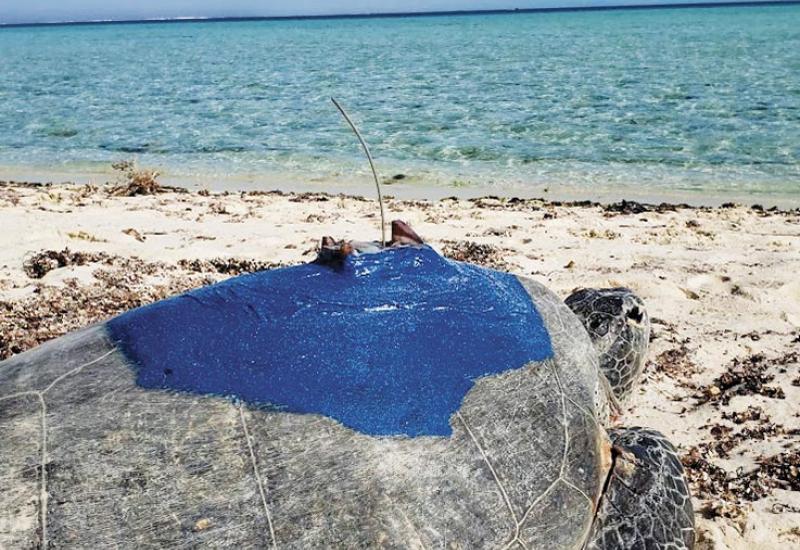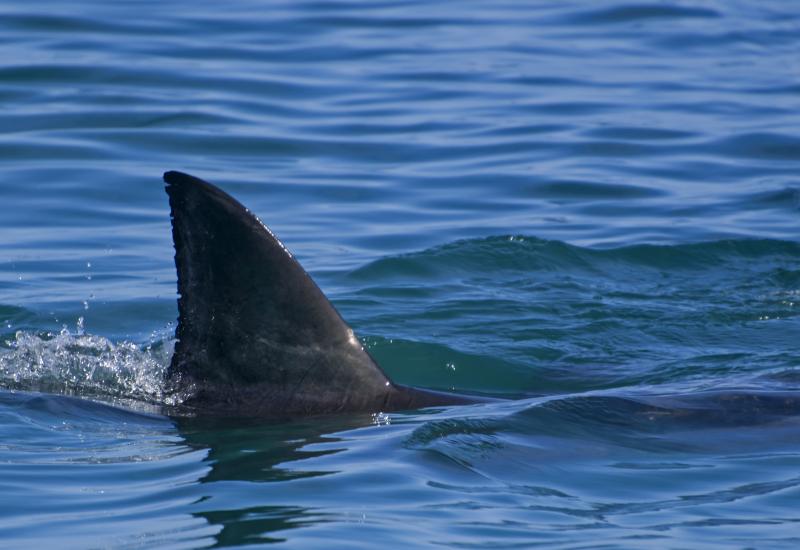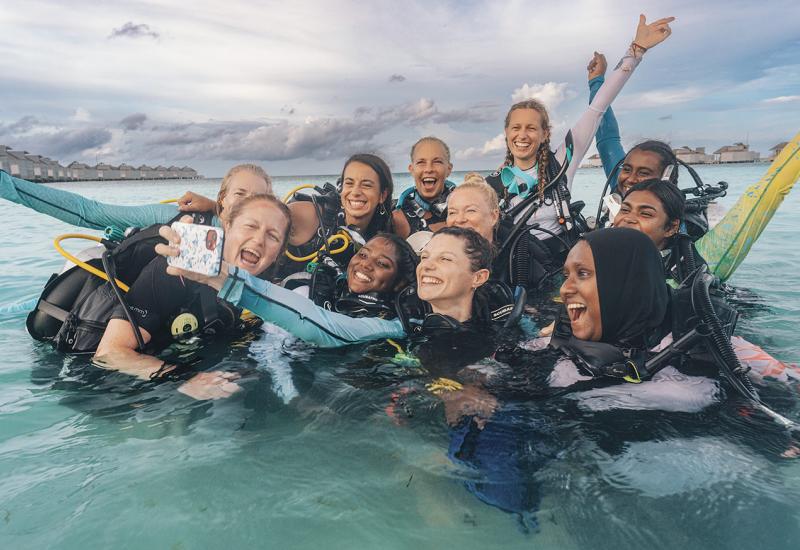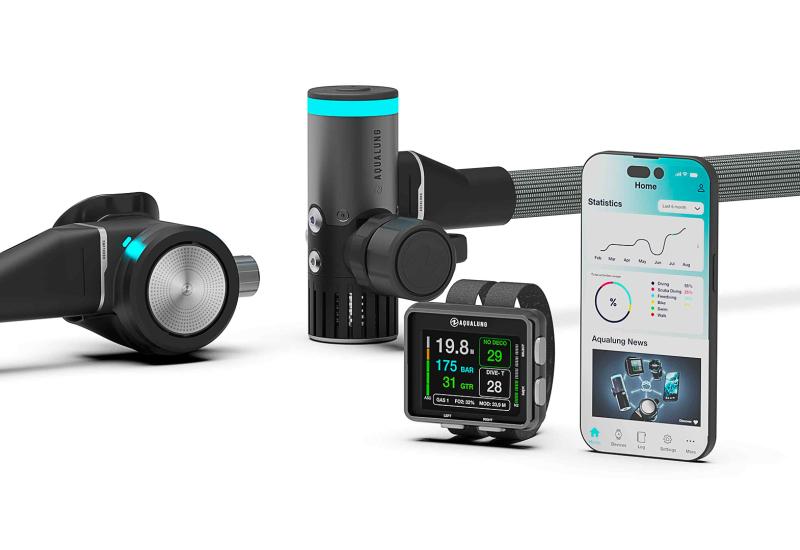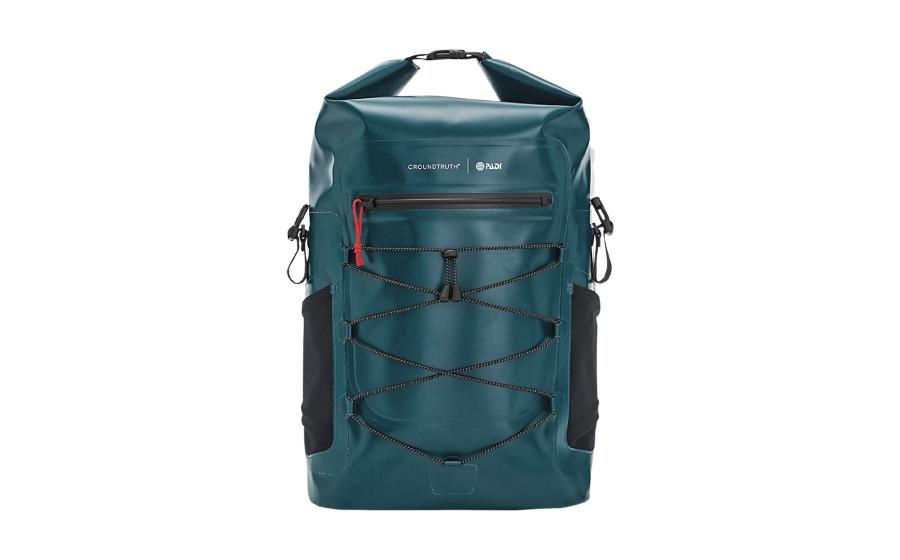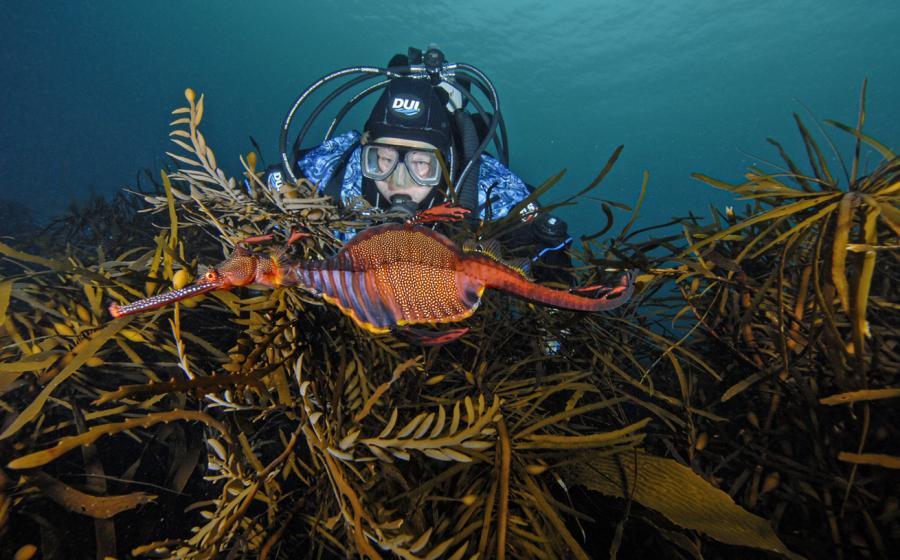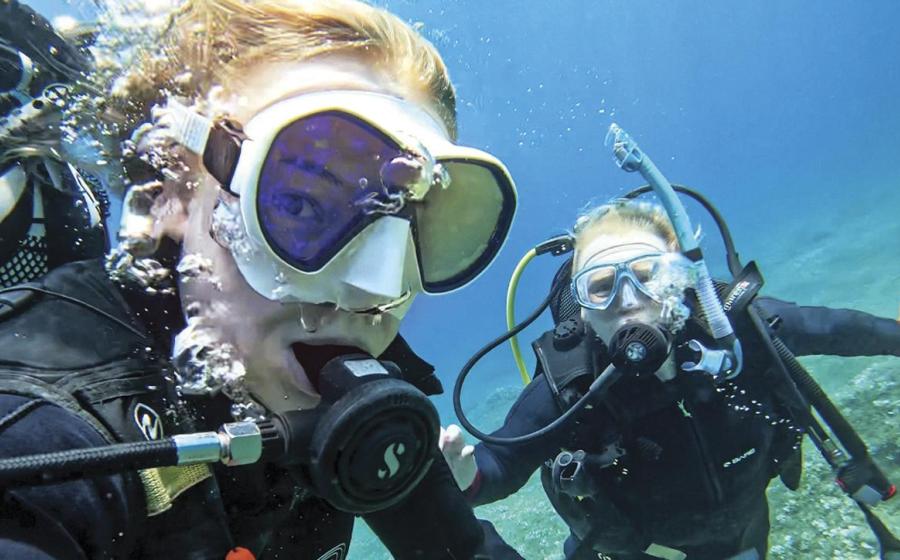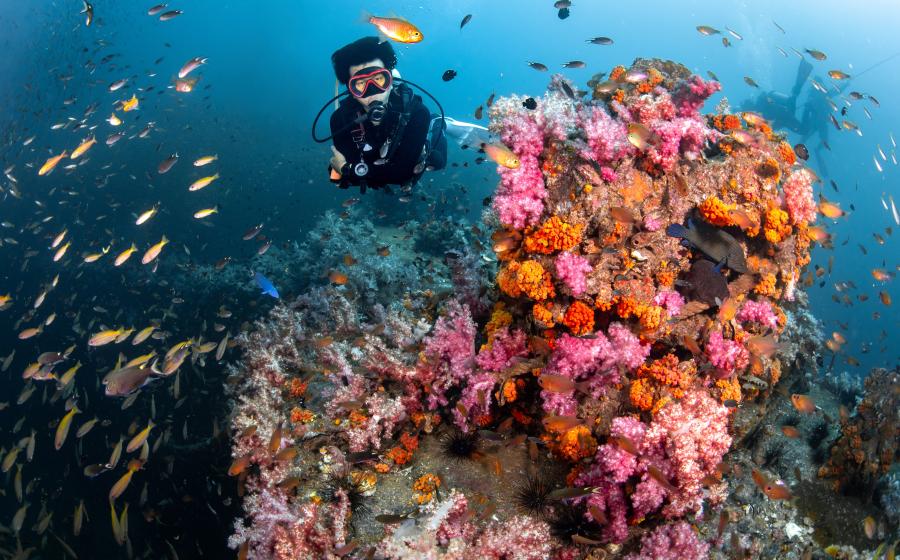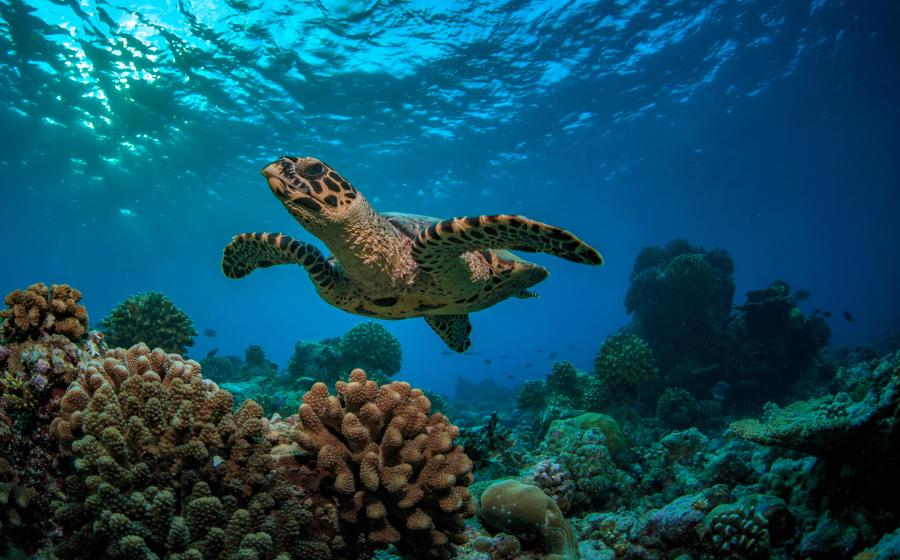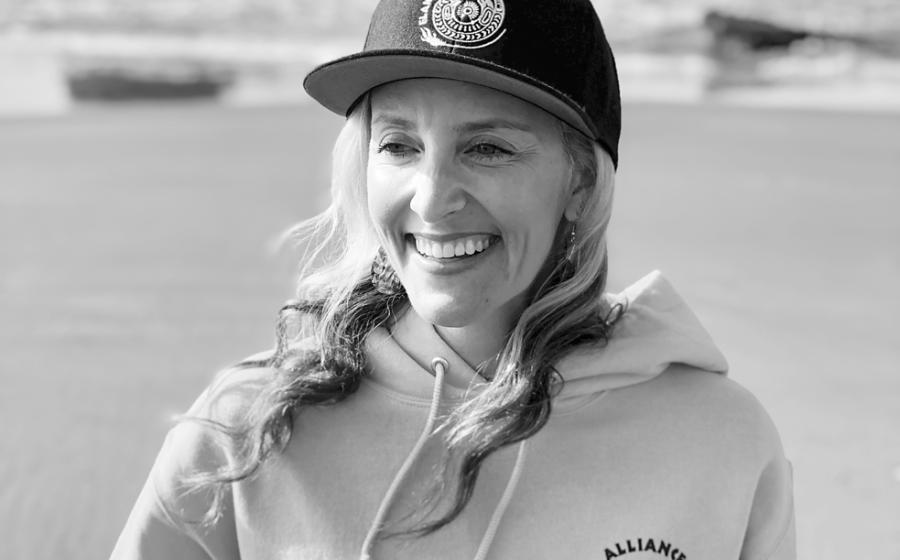Two-Year Mako Fishing Moratorium Adopted in the Atlantic
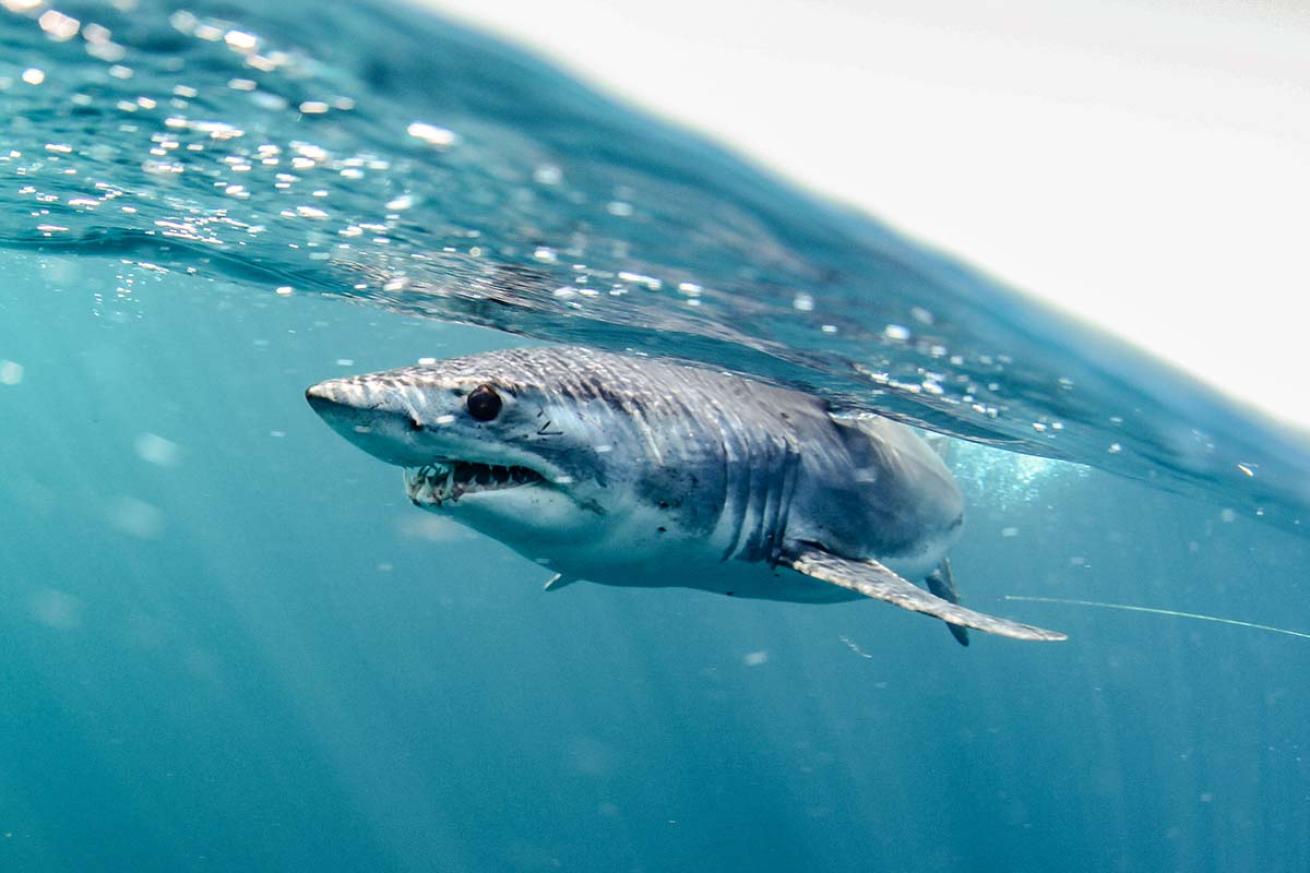
Shutterstock.com/Al McGlashanMakos are classified as Endangered by the International Union for the Conservation of Nature.
Years of global campaign efforts have finally paid off in the shape of historic conservation measures for the Atlantic shortfin mako shark.
In November, 51 countries and the European Union agreed to ban the catch and retainment of shortfin makos, classified as Endangered by the International Union for the Conservation of Nature (IUCN). The ban went into place immediately and will last for two years, after which fishers will be able to land makos only if the total species bycatch from the previous year was less than 250 metric tons. The species is currently threatened with extinction due to rampant overfishing, particularly in the North Atlantic region.
The ban is a huge win for PADI AWARE Foundation, which since 2018 has been working with international ocean advocacy groups such as the Shark League NGO coalition to put pressure on governments and support the science behind the new rules.
Related Reading: Make Your Voice Heard for Endangered North Atlantic Mako Sharks with PADI AWARE
“This ban is monumental and marks an important turning point for both the health of the mako shark population and, ultimately, the health of the ocean,” Ian Campbell, associate director of policy and campaigns for PADI AWARE Foundation, said in a prepared statement. “We hope it will be the foundation for a much needed recovery plan.”
PADI involved thousands of divers worldwide, gaining nearly 30,000 signatures on its global #Divers4Makos petition, launching an AWARE Shark Conservation specialty course, and mobilizing dive centers, resorts and dive professionals in Brazil and South Africa.
“The effort and level of support shown by the diving industry exceeded our expectations…and demonstrates how local action really can create global impact,” Campbell said. “The positive outcome of these efforts further fuels our drive to protect more endangered and vulnerable marine species.”
The goal of the international campaigns was to generate an unignorable showing of public interest and prove the importance of healthy ocean ecosystems to marine tourism operators. Concerned citizens were called on to post on social media to spread awareness and contact their government officials to urge for support of the ban.
“Not only did we shift people’s perceptions of sharks and the important role they play in the ocean,” Campbell said, “we were also able to get mako sharks the urgent protection they need, providing hope for their—and our oceans’—futures.”
While the ban is a step in the right direction, there’s still some criticism about the EU’s stance on potentially resuming the capture of makos in just two years.

